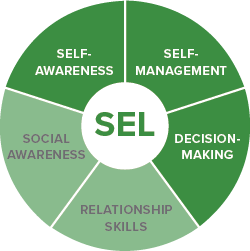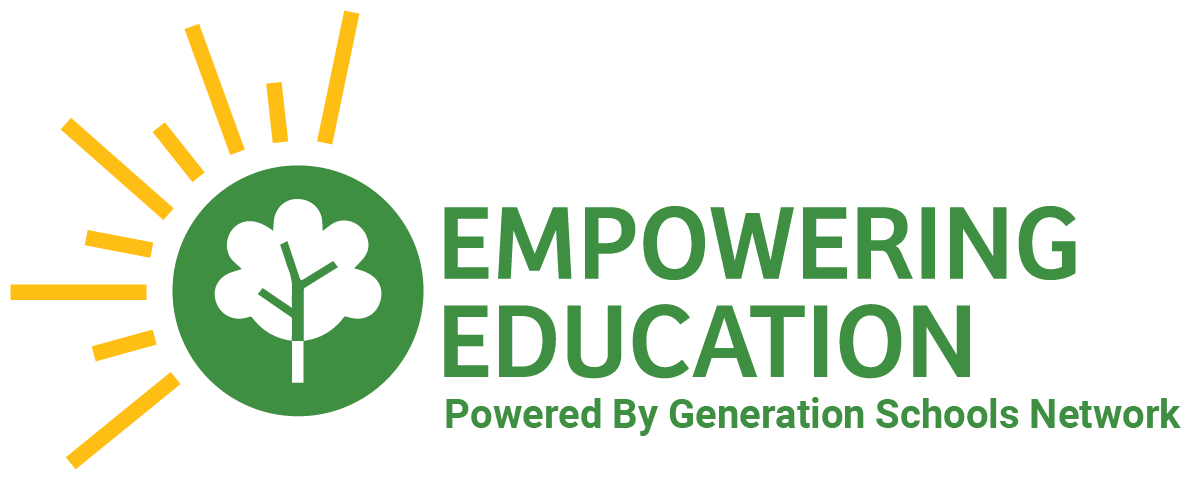Locked Content
Unlock this lesson plan by becoming a paid member. Existing members, please log in.
Students will understand the basics of how the brain changes and grows (i.e., neuroplasticity).
By the end of the lessons, students will be able to:
- Explain how the brain is capable of constantly learning new skills throughout their entire lifetime
- Students will be able to describe what neuroplasticity means
- Experience the process of creating a new neural pathway by learning a new skill
Our brains create new neural pathways throughout our entire lives—this is called neuroplasticity. These pathways allow us to access thoughts, skills, feelings, and memories. We have billions of neurons that connect to one another to make these learning pathways. The more a skill is practiced, the stronger that connection. When you stop practicing, your brain decides it is no longer important and it lets those connections weaken.
In this lesson, students start with a mindful moment in which they use the acronym STOP to focus: Standing/Sitting tall and breathing; Tuning into their body; Observing their surroundings; and thinking of Possibilities. You then lead students in a discussion on the basics of neuroplasticity. Then, students learn a new skill (choose from a list of options or, if you have your own skill you want to teach, this is a great opportunity to bring in your interests). Following the activity, students reflect on how it feels to learn something new. Over the course of the week, students reflect in their journal on how their new skill development progresses.
This lesson does not require any major modifications for online learning. Based on your class, for the Grow Your Brain, Learn a Skill activity, select an option in advance. Option 1 cannot be done virtually but is a great at-home activity to try out!
Select one of the stretch-your-brain options (or come up with your own) that you know students can do at their homes.
For a recorded delivery, select one of the stretch-your-brain options (or come up with your own) that you know students can do at their homes during their own time and then journal about.
CASEL Competencies
Self-awareness: The abilities to understand one’s own emotions, thoughts, and values and how they influence behavior across contexts. This includes capacities to recognize one’s strengths and limitations with a well-grounded sense of confidence and purpose.
Self-management: The abilities to manage one’s emotions, thoughts, and behaviors effectively in different situations and to achieve goals and aspirations. This includes the capacities to delay gratification, manage stress, and feel motivation & agency to accomplish personal/collective goals.
Responsible decision-making: The abilities to make caring and constructive choices about personal behavior and social interactions across diverse situations. This includes the capacities to consider ethical standards and safety concerns, and to evaluate the benefits and consequences of various actions for personal, social, and collective well-being.


